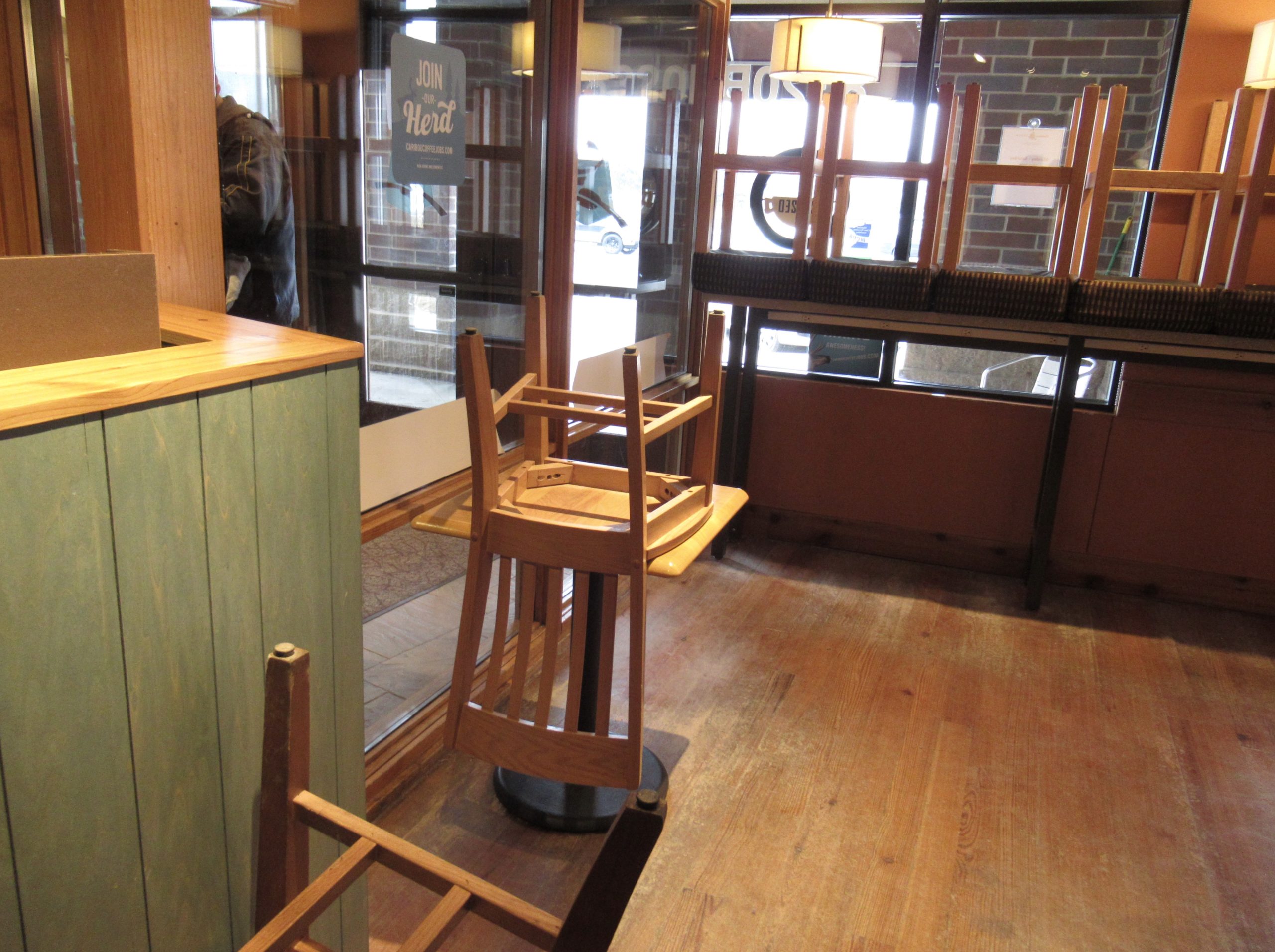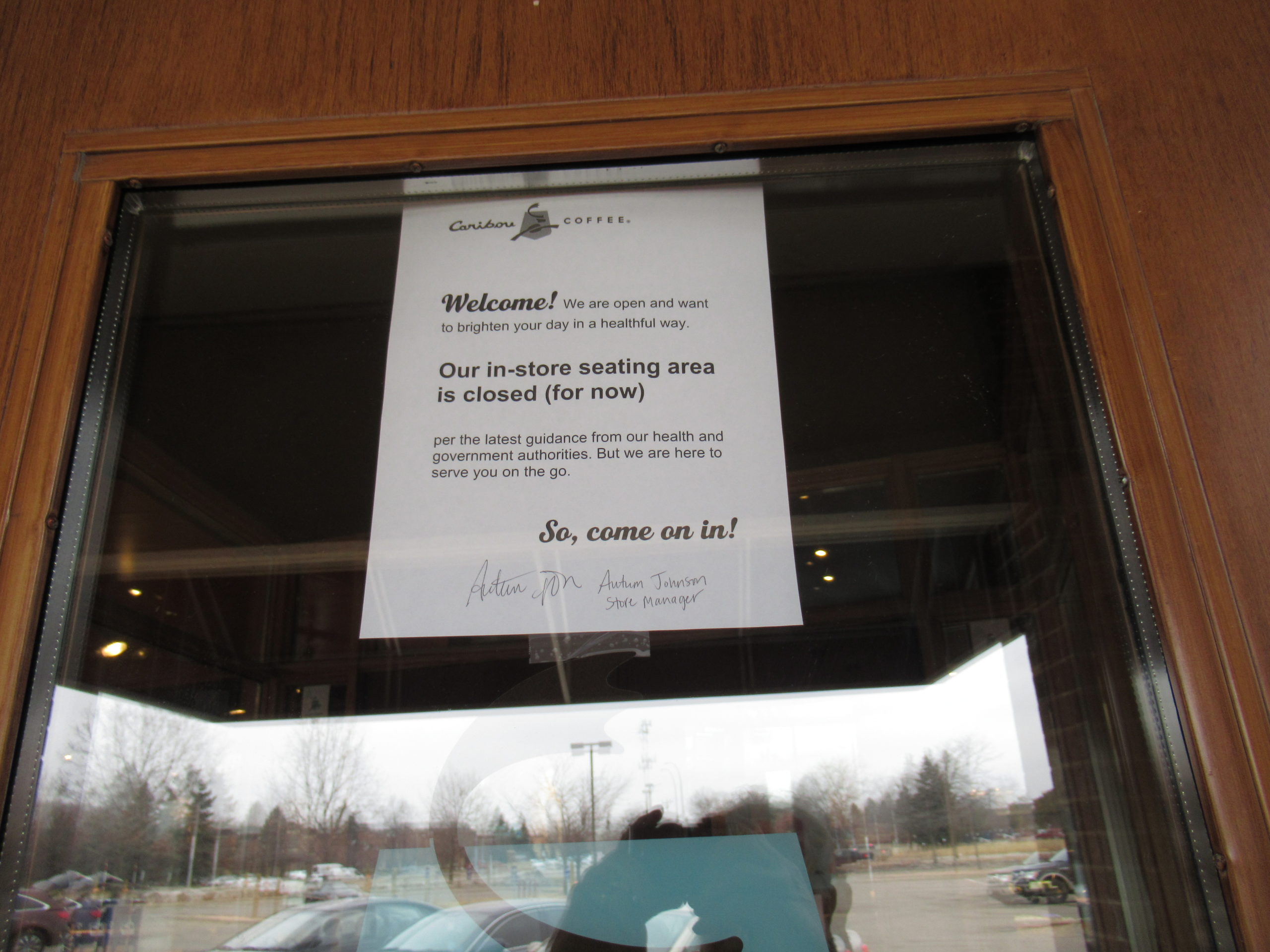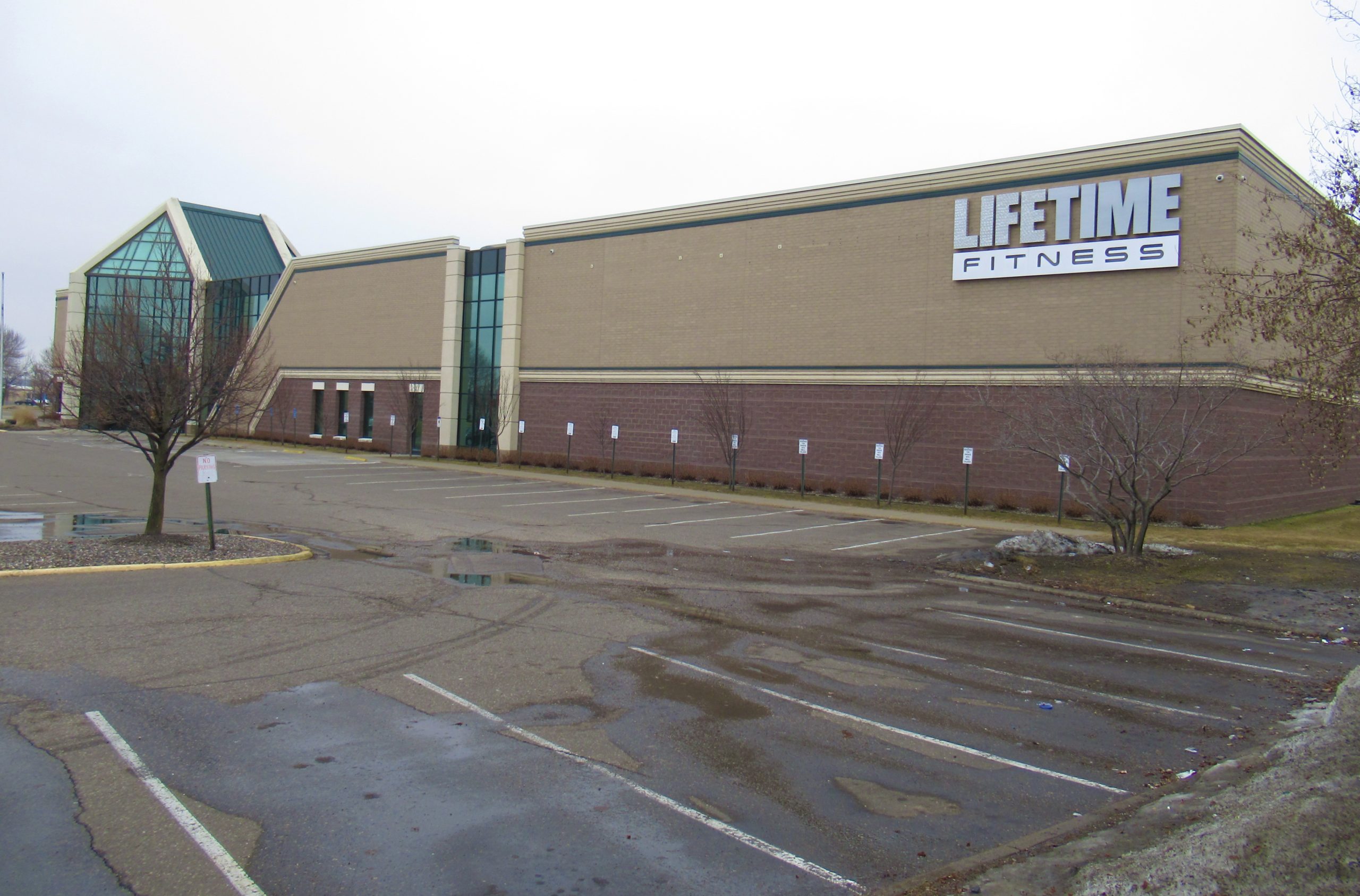COVID-19 The First Day of “Lockdown”
Previous posts on this topic at March 6, 13, 15, 17. I plan other posts in the future, perhaps even tomorrow, on this topic. [check archive for March, 2020). Your writings are solicited. Permission to share will be presumed, unless you say otherwise. See comments at end of this, and all, posts.
COVID-19 was first identified as a particularly deadly strain in December, 2019, and was first written about in U.S. Press in early January. In February came the first COVID id’s and quarantine in California for a few repatriated from an ocean cruise in Asia, and Life Care in Kirkland WA first broke as news about the time of Ash Wednesday, Feb. 26, when it was still being treated in the usual way as a very bad case of the flu for elderly patients.
My daughter cautioned me about the virus on Mar. 6, the day after we had attended two large events. at which there were no warnings or even table talk about things like “pandemic”. One of these gatherings included over 1000 senior citizens, sitting next to each other, at Orchestra Hall in Minneapolis; the other was at the Science Museum of Minnesota, hardly careless organizations.
Against my daughters advice I continued normal activities the next few days, all of which I felt were safe by all guidelines. I don’t recall any cough or sneeze anywhere in my vicinity, nor people who appeared sick in any way. Just normal days.
Yesterday, all my places were closed: the fitness club; the coffee place, the fourth session of an excellent workshop at my Church, cancelled [see here 4:25 p.m.]. The bank is going to drive-up only today. The grocery store is open, but the little restaurant within is closed. Many shelves bare. On and on and on. “What a difference a day makes.”
Tomorrow is two weeks after March 5.
Every one of us could come up with similar descriptions.
Yesterday, ‘normal’ ended for me. I “feel healthy and well today”, but uncertainly. Few, certainly not I, can say with absolute certainty that they don’t harbor the virus, or can escape it. I agree with the government actions; until there is more data about all aspects of this disease, caution is advised, and even caution doesn’t guarantee anything. “Caution” is a very personal definition. In a recent blog – March 13 – I fixed my number on an imaginary continuum as between 6 and 7 – where 0 is “hoax” and 10 is “hysteria” (as I hear and feel and see those words defined). I don’t plan to panic.
*
We’re in the first full day of what is basically, now, a nationwide initiative. This will be far worse than 9-11-01, and requires far, far more of us than 9-11-01 did. I can remember the early mantra after 9-11: “go shopping”; the later mantra “go to war”; the even later mantra, in 2008, very near national economic meltdown. Our actions had, and have, consequences.
This is a new scenario: a very real enemy, COVID-19, is lurking among us in every state and around the world. It is an enemy without borders. Where it started is irrelevant (“WWI” or “Spanish” influenza likely started in southwest Kansas, probably with a farm animal, in the earliest times of U.S. involvement in WWI in 1918, but was never called “American flu”, purposely, I believe. You can look this up: a good article here.)
I hope we all can use this as a learning opportunity about all sorts of important things: the role of government at all levels, planning ahead for crises, changing personal behaviors, on and on and on. If we take this task seriously, while we will never eliminate problems, we certainly can make things more manageable.
Lessons come early: there is, no doubt, hoarding going on – we took our friend to the local grocery store this morning, and the evidence is easy to see everywhere. And this is nationwide. But right before we left, I received an e-mail from our friend in rural Minnesota, 93, who grew up in Hitler’s Germany, and she had this to say:

My daily perch at Caribou Coffee in Woodbury, Mar 18 3 p.m. I almost always could be found here from 6:30-8:30 a.m. Caribou is open from 5:30 a.m.-9:30 p.m., but only for takeout orders. This is one of busiest and best of 400 in the Caribou network. Autumn, the manager, said it is very slow. and for the time being remains open.


